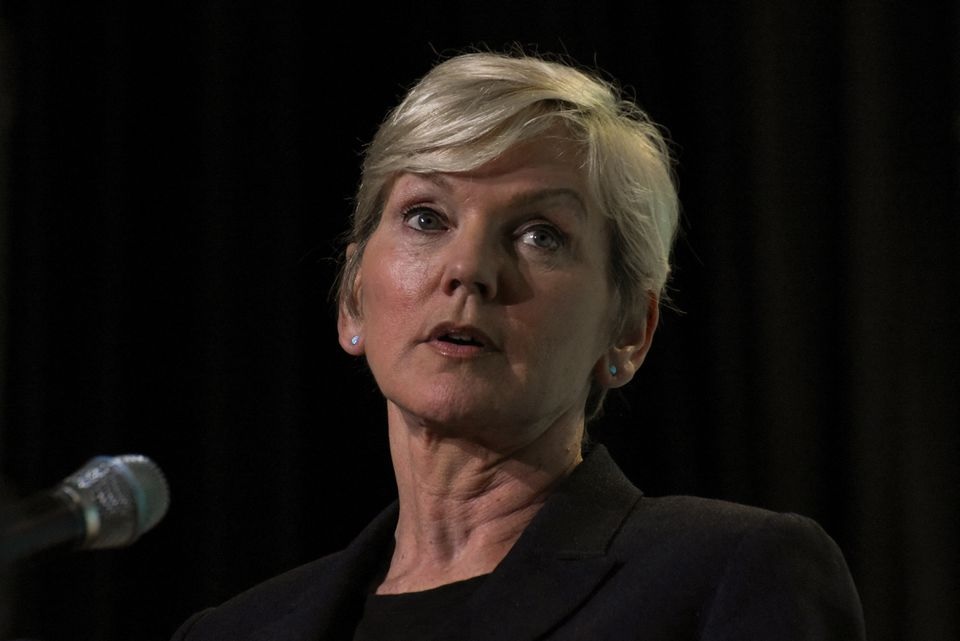WASHINGTON, (Reuters) – U.S. Energy Secretary Jennifer Granholm said on Tuesday quadrupling import duties on Chinese electric vehicles to over 100% in August as planned is crucial to the health of the U.S. auto sector.
“We need to have this industry here. And if we didn’t do that, we would just be ceding the entire territory to China like we saw happen with solar panels,” Granholm said in an interview Tuesday with Reuters reporters and editors.
China’s “plan is very aggressive on industrial policy and we had done nothing and now we are doing something about it.”
Washington is investing hundreds of billions of dollars in clean energy tax subsidies to develop U.S. EV, solar and other new industries, and has said China’s state-driven excess production capacity in these sectors threatens the viability of U.S. companies.
President Joe Biden’s administration aimed the tariffs, which are set to take effect starting Aug. 1, at protecting American jobs from a feared flood of cheap Chinese imports.
“We want to have a manufacturing backbone. We have to be tough about it,” Granholm said.
She said U.S. automakers “are doing everything they can to continue to reduce prices,” rejecting the suggestion that keeping lower-priced Chinese EVs out of the U.S. would deter American automakers from cutting prices.
Asked about Republican criticism of EVs, Granholm said it would “political malpractice” for a future Congress to reverse EV tax credits benefiting workers building vehicles in Republican-voting states.
“I think it would be hard for a member of Congress to undo these tax credits that are creating jobs in your district,” Granholm said. “I think the business community would be very strongly opposed to that… Any president would be in favor of fighting back against the industrial policies of China — and this is what our fighting back is, what our counterpunch is.”
Granholm also said she expected about 1,000 public EV charging stations to be operational by the end of the year from a $7.5 billion federal government program that so far has resulted in a small number of stations up and running. “These are the hardest ones to do,” Granholm said, saying some do not have electricity.
Reporting by David Shepardson Editing by Chris Reese and David Gregorio











